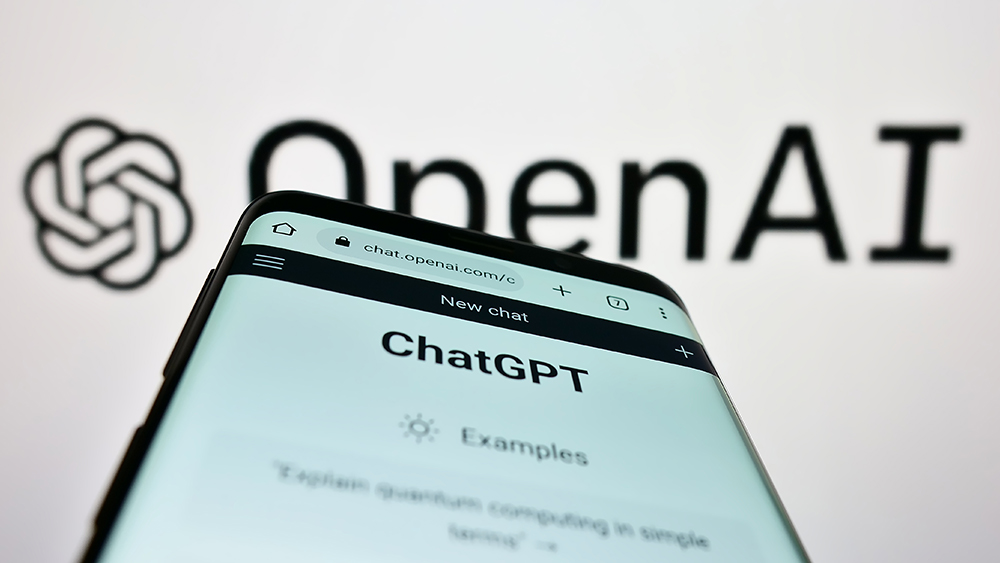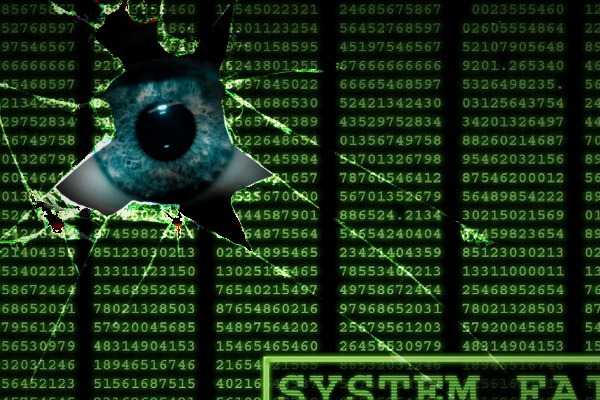German Army confirms video conference security breach; recordings of over 6,000 meetings leaked online
05/07/2024 / By Richard Brown

The German Army has confirmed that it has discovered a security breach in the video conferencing system it uses, raising significant concerns about the privacy and security of military communications.
Over 6,000 meetings, including some highly classified sessions, can now easily be accessed through simple searches on the Federal Defense Forces’ (Bundeswehr) customized version of the WebEx online platform, highlighting the vulnerabilities in the digital infrastructure of the Bundeswehr.
Despite the army’s swift action to address the issue, questions remain about the extent to which sensitive information may have been exposed.
While the army spokesperson emphasized that accessing the video conferences would have required knowledge and permission from participants, previous incidents, such as the leaking of discussions involving missile transfers to Ukraine, underscore the potential risks associated with such breaches.
The fact that the vulnerability existed within the Bundeswehr’s customized version of WebEx, which was designed to provide enhanced security features, has raised eyebrows. (Related: Germany to investigate leaked recording of Luftwaffe generals’ Crimean Bridge attack plan.)
The discovery that reporters were able to locate the online meeting room of Air Force Chief Ingo Gerhartz, whose identity had been previously revealed in a leak, further highlights the need for robust cybersecurity measures within military organizations.
This incident serves as a stark reminder of the ongoing challenges faced by governments and militaries in securing their digital communications infrastructure against cyber threats.
It underscores the importance of constant vigilance, regular audits, and proactive measures to safeguard sensitive information in an increasingly digitized world.
Revelation of security breach comes months after classified call leaked by Russia
Germany’s meticulous reputation took a severe blow when it was disclosed back in March that a Russian interception of a secret German military call occurred due to an official logging in through an insecure line.
The leaked 38-minute recording, aired on Russia’s state broadcaster RT and later confirmed by the German government, featured discussions among German military officers regarding missile transfers to Ukraine.
The incident, reportedly involving Brig. Gen. Frank Grefe dialing into the WebEx call from a hotel room in Singapore, has thrown Berlin into crisis mode and garnered sharp criticism from international allies.
Christian Molling of the German Council of Foreign Relations noted that the hack revealed Russia’s active role in shaping Germany’s agenda, reflecting broader concerns about foreign influence.
German Defense Minister Boris Pistorius labeled the leak a “hybrid disinformation attack,” emphasizing the need for enhanced communication security.
However, the irony was not lost when journalists were asked to input the password “1234” to access his statement, underscoring lapses in basic cybersecurity practices.
Pistorius maintained that the incident was isolated and that communication systems were not compromised, despite the breach occurring through WebEx, which typically offers end-to-end encryption.
The incident bears resemblance to previous hack-and-leak operations attributed to Moscow, underscoring its strategic impact on information warfare.
Guntram Wolff of the Brussel-based think tank Bruegel characterized it as an act of hybrid warfare against Germany, highlighting the broader geopolitical implications.
The leaked audio tape reignited debates over German missile deliveries to Ukraine and raised concerns about the security of government communications online.
Parliamentary Commissioner for the Armed Forces Eva Hogl called for comprehensive measures to enhance military security and counter espionage, stressing the need for increased vigilance.
The incident also prompted scrutiny of communication platforms like WebEx, with past security vulnerabilities adding to concerns about confidential communications.
Watch this episode of “Evolutionary Energy Arts” warning of a major cyberattack coming to the United States.
This video is from the Evolutionary Energy Arts channel on Brighteon.com.
More related stories:
Xfinity notifies customers of data breach due to “software vulnerability.”
Cyberattack breaches software platform used by 12 ministries in Norway.
Sources include:
Submit a correction >>
Tagged Under:
big government, chaos, Communications, computing, cyber war, Dangerous, data breach, data leak, German army, Germany, Glitch, hack, information technology, insanity, Leak, military, military communications, national security, panic, privacy watch, real investigations, Russia, spy gate, surveillance, WebEx
This article may contain statements that reflect the opinion of the author
RECENT NEWS & ARTICLES
COPYRIGHT © 2017 COMPUTING NEWS



















